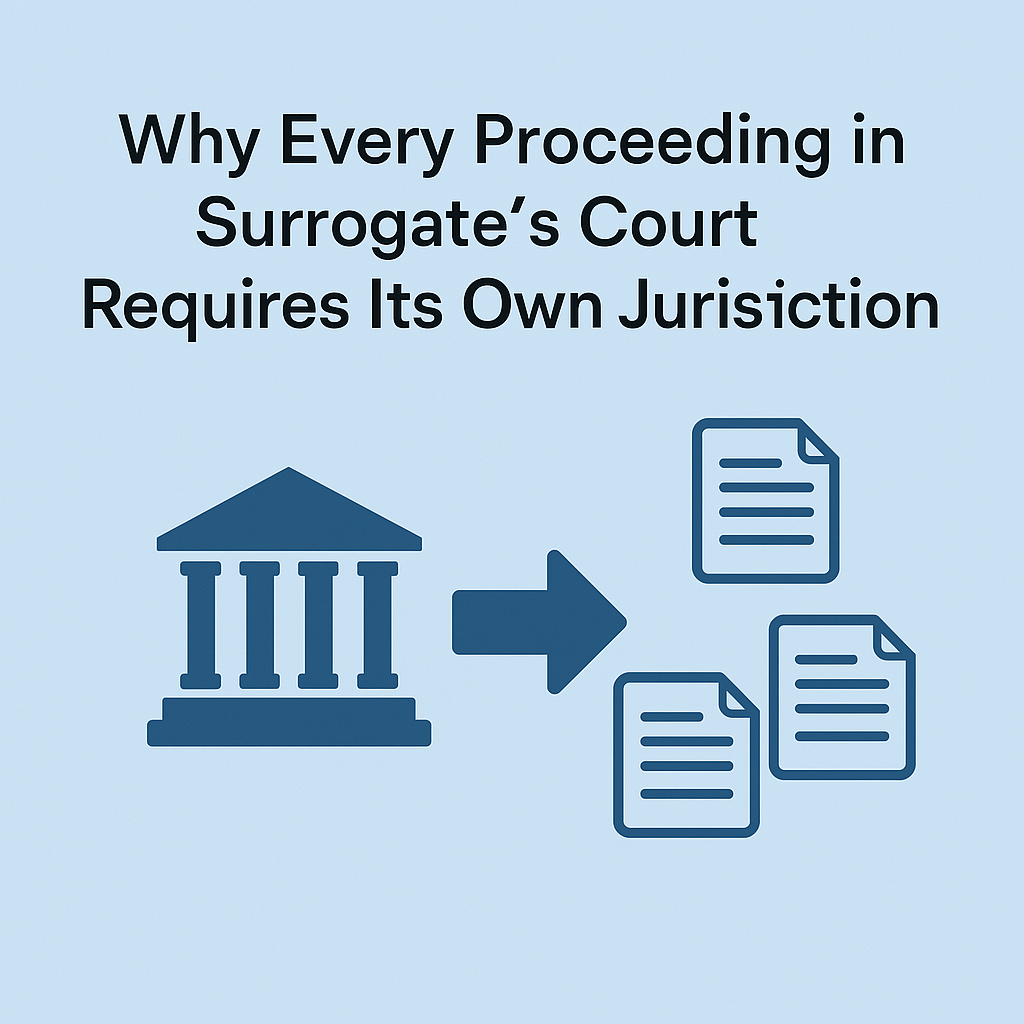On December 22, 2017, Congress enacted IRC § 199A as part of the Tax Cut and Jobs Act, Pub. L. 115-97; and Congress amended IRC 199A on March 23, 2018, retroactively to January 1, 2018, by the Consolidated Appropriations Act, 2018, Pub. L. 115-141.
IRC § 199A provides a deduction to non-corporate taxpayers of up to 20 percent of the taxpayer’s qualified business income from each of the taxpayer’s qualified trades or businesses, including those operated through a partnership, S corporation, or sole proprietorship, as well as a deduction of up to 20 percent of aggregate real estate investment trust dividends and qualified publicly traded partnership income.
In Notice 2019-07, 2019-09 IRB 740, the IRS released for public comment a proposed version of a revenue procedure containing a safe harbor for treating a rental real estate enterprise as a trade or business solely for purposes of IRC § 199A and §§ 1.199A-1 through 1.199A-6 of the Income Tax Regulations (26 CFR Part I). The purpose of the sale harbor is to mitigate uncertainty as to whether an interest in rental real estate rises to the level of a trade or business for purposes of IRC § 199A.
Following consideration of all public comments, the IRS released Rev. Proc. 2019-38, which sets forth the safe harbor and the procedural requirements for using it.
Rev. Proc. 2019-38 requires a taxpayer who relies on the safe harbor to attach a statement to a timely filed original return for each taxable year in which the taxpayer relies on the safe harbor:
. . . The statement must include the following information:
(1) A description (including the address and rental category) of all rental real estate properties that are included in each rental real estate enterprise;
(2) A description (including the address and rental category) of rental real estate properties acquired and disposed of during the taxable year; and
(3) A representation that the requirements of this revenue procedure have been satisfied.
Rev. Proc. 2019-38 has three requirements that must be satisfied:
(A) Separate books and records are maintained to reflect income and expenses for each rental real estate enterprise. If a rental real estate enterprise contains more than one property, this requirement may be satisfied if income and expense information statements for each property are maintained and then consolidated;
(B) For rental real estate enterprises that have been in existence less than four years, 250 or more hours of rental services are performed (as described in this revenue procedure) per year with respect to the rental real estate enterprise. For rental real estate enterprises that have been in existence for at least four years, in any three of the five consecutive taxable years that end with the taxable year, 250 or more hours of rental services are performed (as described in this revenue procedure) per year with respect to the rental real estate enterprise; and
(C) The taxpayer maintains contemporaneous records, including time reports, logs, or similar documents, regarding the following: (i) hours of all services performed; (ii) description of all services performed; (iii) dates on which such services were performed; and (iv) who performed the services. If services with respect to the rental real estate enterprise are performed by employees or independent contractors, the taxpayer may provide a description of the rental services performed by such employee or independent contractor, the amount of time such employee or independent contractor generally spends performing such services for the enterprise, and time, wage, or payment records for such employee or independent contractor. Such records are to be made available for inspection at the request of the IRS.
🔑 This post is for paying subscribers only
Sign up now and upgrade your account to read the post and get access to all premium content that is only for paying subscribers.
🔑 This post is for subscribers only
Sign up now to read the post. To get access to the full library of premium content, you must be a paying subscriber.
Already have an account ? Sign in
Hani Sarji
New York lawyer who cares about people, is fascinated by technology, and is writing his next book, Estate of Confusion: New York.





Related News
🔑 NYC's Mandatory Composting Law Turns Landlords into Waste Enforcers
Mar 26, 2025 — Premium
NY: Challenging Adverse Possession in Estate Administration—Lessons from Matter of Elliott
Mar 03, 2025
🔑 NY Clause: Residence Provisions in Medicaid Asset Protection Trust
Mar 02, 2025 — Premium